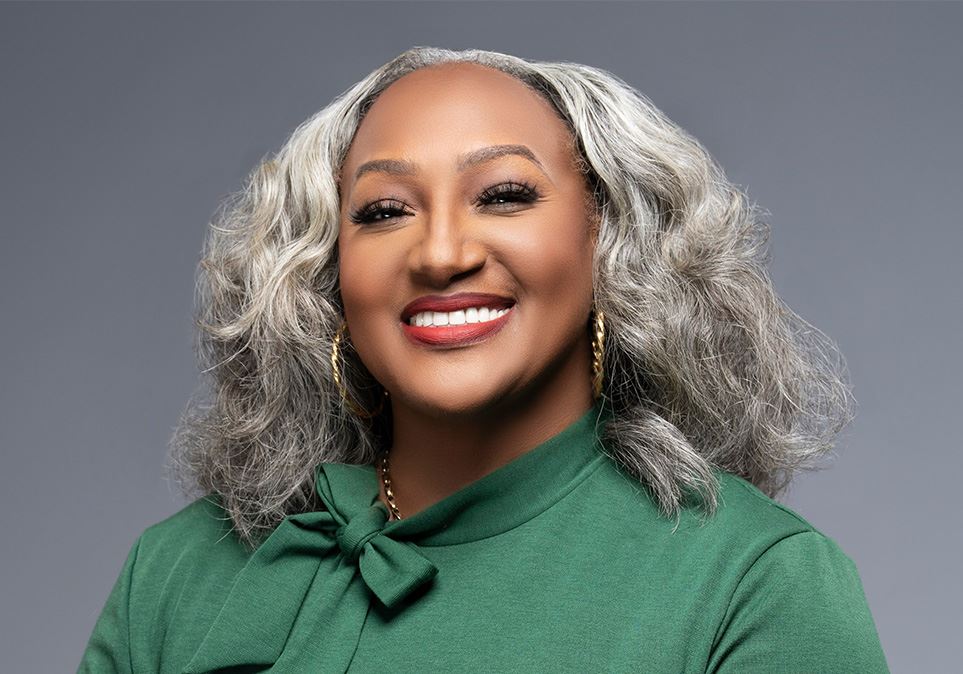
Spousal Support Modifications Attorney In Lithonia, Georgia
Spousal support is intended to give spouses the financial stability they need to move on after a divorce. Before a judge decides how much to award, he or she will take into consideration multiple factors designed to ensure that the amount is fair. However, there’s no way for a judge to anticipate life changes that take place out of court. That’s why Georgia allows both parties to ask that spousal support – also known as alimony – be modified under certain circumstances. There is no guarantee that a court will grant your request for a spousal support modification, so you need an experienced domestic litigator who will press your case. An attorney can also help you defend against a modification request. Turn to our team at E.N. Banks-Ware Law Firm, LLC, for all your family law needs.
When Can You Ask For A Spousal Support Modification?
Not everyone can ask a court to modify alimony. Before you can do so, you must meet a few basic criteria:
- You must be receiving periodic alimony payments; that is, your award must not have been made in a lump sum
- You must not be prevented by a divorce decree from seeking future modifications
- You, or the paying party, must have experienced a substantial change in circumstances
A petition for modification cannot be filed within two years of a previous modification motion filed by the same spouse. In other words, you can only request a modification once every two years.
What May Be Considered A Substantial Change In Circumstances
Generally, changes in either spouse’s income or financial situation will provide sufficient grounds for a modification. Cohabitation, as defined under Georgia law, will also permit a court to modify (or terminate) alimony.
More specifically, a spouse may request a modification if any of the following are true:
- Either spouse lost his/her job or experienced an involuntary decrease in pay or work hours. It is important to emphasize that the decrease in pay or available work cannot be caused by the person seeking to modify support.
- Either spouse has experienced unexpected and extraordinary costs. These may include significant changes in living expenses or debts that would affect the spouse’s financial status.
- Either spouse has experienced an increase in income. The increase has to be substantial, and in many cases is tied to a promotion or a new job.
The spouse receiving alimony is engaged in voluntary cohabitation with a third party in a sexual or romantic relationship. Cohabitation means living continuously and openly with that third party. Merely having a relationship with someone else, without living together, does not qualify.

How Do I Request A Modification Of Alimony?
A spouse wishing to change alimony must file a Petition for Modification of Alimony in the appropriate Georgia court. Along with the petition, the requesting spouse should present evidence substantiating the reasons for the modification. The presiding judge will consider the evidence and determine whether a substantial change has in fact occurred.
The spouse who did not request the modification will be able to present his or her own evidence against changing the previous order. The court may award attorneys’ fees, as well as court costs and related expenses, to the prevailing party in a modification proceeding.
What Sort Of Evidence Should I Present In A Spousal Support Modification Proceeding?
To support your request to modify alimony, you will most likely need to include an affidavit or some other proof with your Petition for Modification. If the basis for a modification is a lost job, decreased pay, or decreased work hours, these changes must be beyond the control of the party making the claim. In other words, you cannot be responsible for losing your job, and you cannot intentionally work fewer hours or depress your income. Also, if you have lost your job, you should be able to demonstrate the actions you have taken to secure new employment.
Cohabitation as a basis for modification is much more difficult to prove. It is rare for the paying spouse to have direct evidence that the receiving spouse is living with someone in a romantic relationship. The factual circumstances surrounding cohabitation vary from one spouse to the next. In other words, what may be taken as evidence of cohabitation for one individual will not be evidence for another. Generally, however, there are some things that the paying spouse could present to show the receiving spouse is living with a romantic interest:
- A third party is paying the utility bills or other household expenses.
- The receiving spouse is spending a great deal of time at the third party’s residence, or vice versa.
- Either the receiving spouse or the third party declares that they are cohabiting.
- Pictures or statements on evidencing cohabitation have appeared on social media.
- The receiving spouse suddenly has more money due to financial support from the third party.
Although many of these could point to cohabitation, actually obtaining the evidence may be a challenge. Further, any evidence you gather must be eligible for admission in court, which means following rules of evidence and other criteria. Your attorney will be able to discuss possible techniques for gathering the proof you need to present in court.
It is also important for you to know that if you do not prevail on your Petition for Modification on the basis of cohabitation, then you will be liable for the other spouse’s reasonable attorneys’ fees to defend against you.

Our Commitment to Your Family
What Sets E.N. Banks-Ware Law Firm Apart?
-
Integrity and TrustWe prioritize integrity and trust in all our interactions, fostering a transparent and honest relationship with our clients to help them navigate their legal challenges confidently.
-
Personalized SolutionsEvery family is unique, and so are their legal needs. We provide personalized legal solutions tailored to fit the specific circumstances of your case.
-
Expert AdvocacyWith extensive experience in family law, we offer expert advocacy to protect your rights and interests, ensuring the best possible outcomes for you and your family.
-
Compassionate SupportWe understand that family legal matters can be emotionally challenging. Our team is dedicated to providing compassionate support and guidance every step of the way.
Talk To A Lithonia Spousal Support Modification Attorney Today
If you believe you are eligible for an alimony modification, it is crucial to inform your attorney immediately. Alimony orders cannot be changed unilaterally without the court's approval; attempting to do so could result in contempt charges and a mandatory appearance before a judge.
At E.N. Banks-Ware Law Firm we understand the challenges and nuances involved in modifying spousal support arrangements. Our experienced legal team is dedicated to providing comprehensive assistance tailored to your unique circumstances. Whether you are seeking an increase or decrease in your alimony payments due to significant changes in your financial situation, our attorneys are here to guide you through the legal process with expertise and compassion.
Let our skilled team at E.N. Banks-Ware Law Firm help. Call (470) 523-3135 today or reach out online to schedule a consultation.

